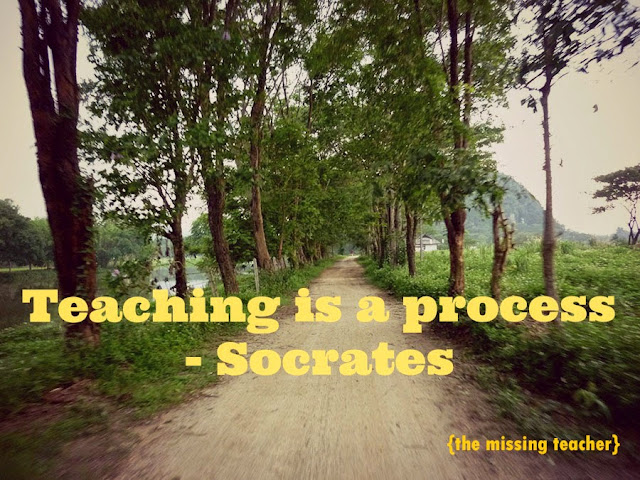To Compliment or Criticize Students?
Did you know that teachers are inadequately trained to praise their students? Yes, in this Atlantic article, schools are failing to teach teachers how to classroom manage and praise students.
I was lucky. I had an excellent mentor who watched me and told me to “soften up,” as I was unbelievably stressed out during my first few months as a Waldorf teacher. In fact, I received so much criticism that I was crumbling before my very eyes. Although the collapsing did continue, I learned to give praise and to be more “motherly.” This is something that helped me immensely in connecting with my first graders, and still is how I teach to this day.
But what I found interesting is schools themselves are not trained to give praise to teachers, so why would they teach teachers to do something they don’t even do? That is to say, I don’t think the current US teacher-evaluation system that is being pushed into place has anything to do with praise. Instead, I’m fairly certain it has to do with accountability and teachers’ abilities to get their students to pass standardized tests.
Back when I taught in the US, I thought it was biting that we told the kids they had to “play nice,” or “don’t say bad things about someone” when the adults were having a gossip bashing fest behind closed car doors and cell phone calls. But irony and contractions fill our educational beliefs and systems (and so many other disciplines if truth be told).
Now consider the article, Tough Teachers Get Good Results. But I thought we were supposed to give our students more praise? Which is it? Are we playing softball or hardball with our students? I suppose it depends on who you talk to. Personally, I was never the kind of student who responded to “tough talk,” or being called an “idiot” as the article mentions. I would have cried, become bitter, and shut down, as I did when I was yelled at for my handwriting not being legible enough.
The author’s argument for “tough teachers” might be better served in an after school sports program or ROTC. I participated in high school theatre and had a teacher who arguably was considered “tough as rusty nails,” and I definitely feel like we all performed better because of her. But at the end of the school day, I don’t believe in a “one size fits all” philosophy in education.
Instead, I believe in common sense. I believe teachers should know their students. A perceptive teacher will know when to push, when to pull back, and who needs a gentle pat. A good teacher will know her students, and I don’t think creating a fearful and stressful atmosphere is helpful in the long run.
In fact, I think there are a lot of scarred students and adults out there who think their “tough talk” teachers were just “assholes” and jerks. I think a lot of people have been turned off by education, book learnin’ and schools because of a teacher who felt they needed to be hard to get proper results.
This idea reminds me of the old schoolmarm who screamed and threatened her students to get them to do their work the way she wanted it to be done- or the classic Catholic school model of strict nuns in starchier habits keeping students in line with their God-fearing ways and hellfire punishment. You might think I’m being extreme, but then again, there are countless stories like these that have given teachers a very bad name.
Look, I know this is the kind of story (the tough teachers article) is the kind Hollywood movies are made of, a tough music teacher who made everyone work harder and how they became amazing, but to make the leaping jump to now we know that “tough love teaching works” seems poorly conceived – especially in light of the high stakes testing that is robbing the educational system of any integrity and well, education.
And for every study and experiment that can be made FOR tough teaching, there are equal amounts of studies and research AGAINST this kind of teaching. Malcolm Gladwell commonly cites examples in his books of schools that work, and I don’t remember once reading about how stress and fear created something other than stress and fear.
Seth Godin has written a manifesto called Stop Stealing Dreams: What is school for? and I know you will be less likely to read it, (hell, I’m still in the middle of it) so I’ve included a zinger of a TEDx talk he did on his book.
And for the record, if I haven't made myself clear enough, I'm siding with the revolution, and the ones who want to change education for the better, not go back and make it “tougher,” “meaner” and “grittier” to “show how much we care.”



Comments
Post a Comment